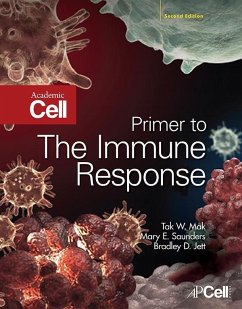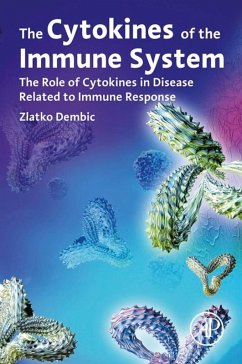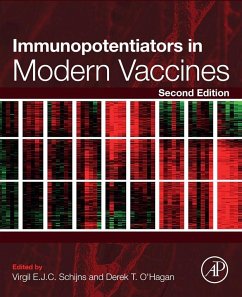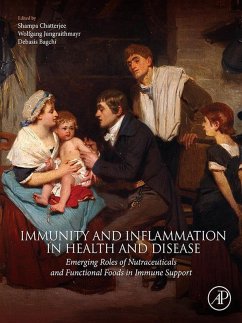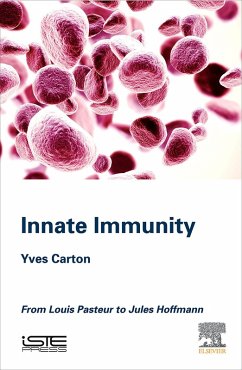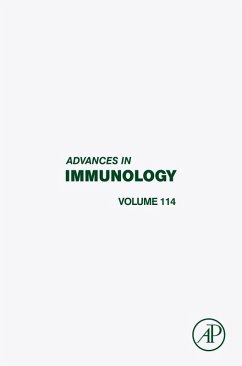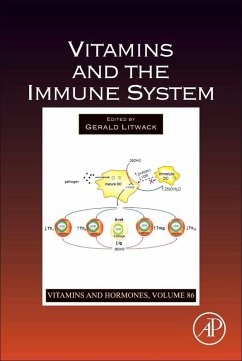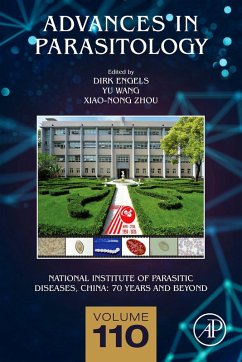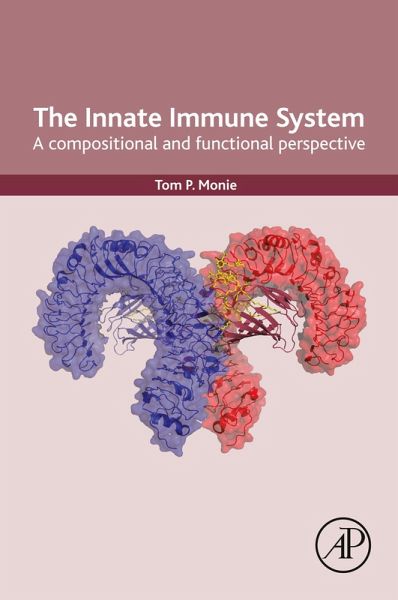
The Innate Immune System (eBook, ePUB)
A Compositional and Functional Perspective
Versandkostenfrei!
Sofort per Download lieferbar
52,95 €
inkl. MwSt.
Weitere Ausgaben:

PAYBACK Punkte
26 °P sammeln!
The Innate Immune System: A Compositional and Functional Perspective focuses on the components and functionality of the innate immune system, detailing how they work in their own right, and then progressing to cover their relevance to disease and how they interface with the adaptive response. Despite the growing appreciation of the importance of the innate immune system, many classical immunology books still focus predominantly on the adaptive immune response. Not only is this unbalanced, but it fails to reflect the growing synergy between the activation and function of the innate response and...
The Innate Immune System: A Compositional and Functional Perspective focuses on the components and functionality of the innate immune system, detailing how they work in their own right, and then progressing to cover their relevance to disease and how they interface with the adaptive response. Despite the growing appreciation of the importance of the innate immune system, many classical immunology books still focus predominantly on the adaptive immune response. Not only is this unbalanced, but it fails to reflect the growing synergy between the activation and function of the innate response and the final nature of adaptive response. This book fills the gap in knowledge that is needed to fully understand and appreciate the topic. - Provides a clear, but simple picture of the main principle of innate immunity and the interlink with adaptive responses - Fulfills an unmet need in the area of innate immunity - Gives a constructive and progressive approach to introducing and explaining the key players in the innate immune response - Introduces and explains the key players in the innate immune response with a constructive and progressive approach - Presents the components of the innate response and shows how these interrelated areas connect with one another from a functional perspective - Enables the reader to gradually increase their level of understanding and knowledge without the risk of becoming confused, thereby ensuring they fully comprehend the integrated signaling pathways
Dieser Download kann aus rechtlichen Gründen nur mit Rechnungsadresse in A, B, BG, CY, CZ, D, DK, EW, E, FIN, F, GR, HR, H, IRL, I, LT, L, LR, M, NL, PL, P, R, S, SLO, SK ausgeliefert werden.




